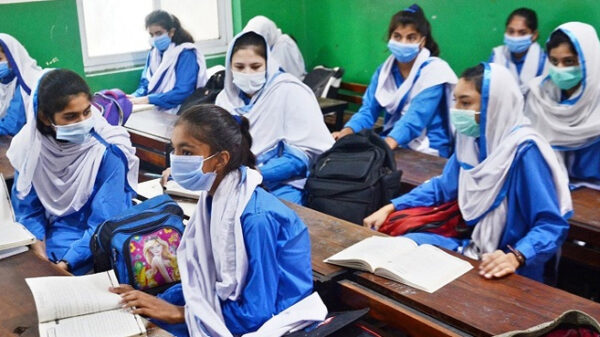ISLAMABAD: The World Bank has unveiled a significant financial support package for Pakistan, committing $40 billion over the next decade under its newly approved Country Partnership Framework (CPF).
Sources indicate that around 75% of the pledged funds will come from the International Development Association (IDA), while the remainder will be provided through the International Bank for Reconstruction and Development (IBRD). Additional funding from the International Finance Corporation (IFC) will further enhance the framework’s scope and impact.
Focus Areas of the CPF
The expanded framework will target six key sectors to drive inclusive and sustainable development. These include:
- Child Stunting: Addressing malnutrition and improving child health outcomes.
- Climate Change Mitigation: Reducing climate vulnerabilities and fostering resilience.
- Education and Learning Outcomes: Enhancing access to quality education for millions of students.
- Clean Water Access: Ensuring safe drinking water and sanitation for citizens.
- Public and Private Investment: Boosting public resources and encouraging private sector participation.
Key Development Goals
The CPF outlines bold objectives aimed at transforming Pakistan’s socio-economic landscape:
- Tax Revenue Growth: Increasing tax revenue to exceed 15% of GDP, strengthening the country’s fiscal capacity.
- Renewable Energy Expansion: Adding 10 gigawatts of renewable energy to address the energy crisis and reduce dependence on fossil fuels.
- Education and Healthcare: Delivering quality education to 12 million students and providing healthcare access to 50 million people.
- Clean Water and Sanitation: Extending clean water and sanitation services to 60 million citizens.
- Food Security and Disaster Management: Ensuring food security for 30 million people and improving disaster preparedness for 75 million.
- Women’s Health: Increasing contraceptive access for 30 million women to support maternal and reproductive health.
Strong Backing and Vision for the Future
The CPF received overwhelming support, with 19 out of 24 World Bank directors voting in favor of its approval. The initiative has been hailed as a transformative step for Pakistan, addressing both immediate challenges and long-term development needs.









